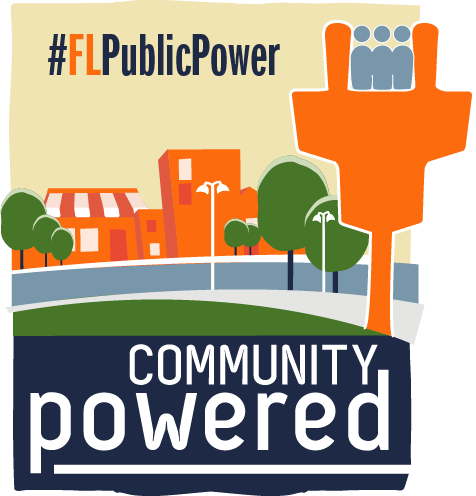FPL, Irma Plaintiffs Battle Over New Law
 Article reposted with permission from The News Service of Florida.
Article reposted with permission from The News Service of Florida.
With two courts looking at the issue, plaintiffs in a class-action lawsuit are disputing arguments by Florida Power & Light that a new state law protects the utility from liability for power outages in Hurricane Irma.
FPL on July 5 filed a motion in Miami-Dade County circuit court seeking dismissal of the long-running lawsuit, which contends the utility did not meet obligations to help prevent outages during the 2017 storm.
The FPL motion is based on a new law that says a “utility is not liable for damages based in whole or in part on changes in the reliability, continuity, or quality of utility services which arise in any way out of an emergency or disaster” and gives the Florida Public Service Commission authority to resolve issues about disaster preparedness and response.
But in a court filing last week, attorneys for the plaintiffs in the lawsuit argued the law, which took effect July 1, cannot not be applied retroactively to the Irma case.
“The Legislature could have stated that the statute was retroactive,” the filing said. “It did not. Nor does the statute state in any way that it is applicable to any pending cases or that its passage would require the dismissal of any pending cases. As drafted, the statute makes clear that it is a prospective, not retroactive, statute that does not impact the instant (Irma) case whatsoever.”
FPL, however, fired back in a court document Monday by focusing on the part of the law that gives the Public Service Commission authority to determine the sufficiency of disaster preparedness and response. FPL’s attorneys argued that part of the law is “procedural,” allowing it to be applied retroactively, and gives the regulatory commission “exclusive jurisdiction over this case.”
“Plaintiffs’ contrary argument is flawed because they ignore the fact that the new statute not only clarifies that disaster preparedness and response are within … the existing jurisdiction of the PSC (the Public Service Commission), but also mandates that jurisdiction over such matters lies exclusively with the PSC,” the document said.
FPL attorneys also argued that if the commission finds liability, it could lead to a “return trip to the circuit court to decide what damages (if any) a plaintiff might be entitled to.”
The lawsuit, filed in 2017, alleges that FPL did not meet obligations to help prevent outages, such as carrying out a storm “hardening” plan, replacing aging poles and adequately clearing vegetation near lines. Irma made landfall in September 2017 in Monroe County as a Category 4 storm and caused widespread damage and power outages as it barreled up the state.
The plaintiffs’ attorneys argued in the lawsuit that FPL was “grossly unprepared” for the hurricane and that customers who lost power suffered damages such as lost profits and lost perishable goods and faced expenses. The lawsuit said FPL had collected money from customers to strengthen the power system.
A panel of the 3rd District Court of Appeal in March upheld a circuit judge’s decision that certified the lawsuit as a class action. FPL has asked the full appeals court to review that ruling.
Also, the Miami-based appeals court has asked the two sides to file briefs about how the new law could apply to the case. FPL contended Tuesday that a circuit judge should wait for direction from the appeals court on the issue.
The added legal protection for utilities was included in a broader disaster-response bill (SB 250) that emerged after Hurricane Ian and Hurricane Nicole caused massive damage last year. The bill received almost-unanimous approval in the Legislature and was signed by DeSantis on June 28.
 Enter your email address in the
Enter your email address in the 